A Silent Night Amid the Killing
December 24, 1914. A line of muddy trenches doggedly tracks all the way from the North Sea to Switzerland. The filthy ditches are filled with death. The smell of decomposition hangs in the air. The living struggle for survival among the dead. This is “The Great War” and killing has been economized.
Gone are the days of magnificently parading onto the battlefield. The gallant cavalry with its vestiges of knighthood is obsolete. New and fantastic weapons dominate the day and terrorize the night. Powerful artillery incinerates the cavalry. The staccato machine guns annihilate the bayonet charges. Airplanes monitor and direct from the skies. Death is now incredibly efficient. It is the beginning of a new era.
But tonight, on Christmas Eve, 1914, man is only starting to grasp the terrors he has created. The various government-backed propaganda machines that dehumanize the enemy have yet to fully materialize. It is still a conflict between powerful men who are enslaved to ambition. The common soldier still does not view his enemy as a bloody predator. Rather, he views war as a pursuit of honor and glory.
Also, in many places along this line of muddy trenches that is to become known as the Western Front, the fighting has stagnated. Often the opposing trenches are so close that the soldiers can easily converse with their opponents by simply raising their voices. Fraternizing in these early months of the war is common as truces are observed for retrieving the dead and the wounded.
And so, on this the night before Christmas, the soldier’s heart is turned from fighting to home. He longs to exchange mud and blood for warmth and light. The war is not over by Christmas as was promised. Glory and honor are elusive if they even exist in this grim place. And home is so far away.
The Germans are the first to act. For weeks they have decorated their trenches with greenery. And now they light candles and even set up Christmas trees. And they begin to sing Christmas carols. Songs that speak of peace, love, and a Savior. The British respond with carols of their own. One tune is familiar to both. The Germans sing “Stille Nacht, Heilige Nacht” while the British sing “Silent Night, Holy Night”.
And now unofficial truces erupt here and there as soldiers call to the other side not to shoot and then meet in no-man’s land to swap gifts and chat. The will to fight is simply gone. A spirit of brotherhood and goodwill reigns. Here a shy German private proudly displays a photo of his sweetheart to a British corporal. Over there a mixed group of officers haggle over candy and tobacco.
Many of these Germans speak English so the conversation flows. Tall tales are swapped. One young soldier freely asks why they are fighting at all. News is exchanged. Smiles are everywhere. Both sides are dirty and smell terrible from living in the trenches without proper hygiene. But there is beauty here. Simple mankind, enjoying each other’s presence. Celebrating the birth of a King who came not to destroy and kill but to save and resurrect.
And the night is silent, almost holy. True, this is not an official truce. And in some places the fighting continues. But here the artillery does not throb. The screams of the dying are not heard. The numbing gunfire is quiet. Here men join in fellowship. And spiritual beauty lifts the soul above the gore that surrounds them. Truly all is calm, and all is bright.
But the peaceful scene is short and soon ends. In some places the calm lasts a few hours, others a few days. Then men return to killing. Return to the pounding din, the screams, the dying. And this will continue for four more years.
Higher authorities make sure such a truce never occurs again. How can they teach their soldiers to hate if they realize their opponents are simple men like them? Faces with names. No, the enemy must be presented as a carnivorous evil. A violent menace to be eliminated. And so, the war plods on to its bitter end.
The conflict will optimistically be called “The war to end all wars”. But it is not to be. The defeat of the German army and the imposed terms of surrender will devastate the German economy and pave the way for Adolph Hitler’s rise to power. And so, this war will be denoted with the numeral 1 to indicate that it was merely the first in a series.
Today, over one hundred years later, this account still stirs emotions. But what should our response to this story be? Is it even relevant for Anabaptists? We not only reject violence and war but believe in loving our enemies. Yet this bizarre event prods us with provocative questions and even profound lessons. There is much here to ponder for all Christians, but perhaps especially for the Anabaptists.
We must never forget that the horrors of war are real. Only the survivors truly understand. The rest of us may only attempt to comprehend. Even the most vivid imagination can hardly do justice to the violent dance of life and death. The vicious struggle and necessity to kill or be killed only becomes more hellish when contrasted with the angels’ message of peace on earth and goodwill toward men.
How can anyone reconcile the brutality of war and the Christmas message of hope, love, and peace? Two men link arms and harmonize in song one day. But on the next day they bludgeon and stab each other to death. This defies reasoning. It is fascinating that opposing armies seem spontaneously compelled to pause the killing in remembrance of when God came down to give life. By refusing to allow another Christmas truce, the military command recognized that Christian love and brotherhood cannot be contained and isolated to one day of the year. This is truly enlightening.
If the mere remembrance of the birth of Christ can spark such a startling spectacle, what would happen if the life and teachings of Christ were equally publicized? What if all Christians took Christ at His word when He told us to love our enemies and turn the other cheek when struck? Love is a potent weapon. It is so soft as to appear foolish yet so hard that it will not concede one ounce of Truth. What if the power of Christian love untainted by this world’s conflict and ambition was fully unleashed on believer and unbeliever alike?
Anabaptists are quick to show love to the victims and the hurting. But can we also view the dictator, the murder, or the terrorist through eyes of compassion? We can see them as evil to be eliminated, or we can see a soul in bondage and in need of Christ’s love. What about politicians, lobbyists, and others with anti-Christian agendas? What exactly do we feel when we see crowds of chanting people waving anti-Biblical slogans? We can see faceless evil that must be suppressed. Or we can look deeper and see individual people who are lonely and empty. Lost souls, desperately searching for a deeper meaning than mere existence.
During the Christmas season the message of peace on earth and goodwill toward men still softens the anger and hatred around us. Why not take this opportunity to build truces? Let’s fill our hearts with the love of Christ and let it spill over to all. Instead of discussing politics, the president, or Washington D.C., let’s talk about heaven and our King Jesus Christ. Rather than attempting to discern what military action is needed to stop rogue nations and others that threaten our peace and security, let’s be radical enough to pray for their salvation. And then believe that God can answer those prayers.
As Anabaptists we should be the first to step out of the trenches and take the risk of extending a hand in Christian love. Our actions can impact countless lives around us. Our prayers can affect the globe. Who knows? We just might get to experience a silent night, even while the killing rages around us.
Sources:
Imperial War Museum/ Voices of the First World War/The Christmas Truce
Imperial War Museum/ The Christmas Truce on the Western Front, 1914
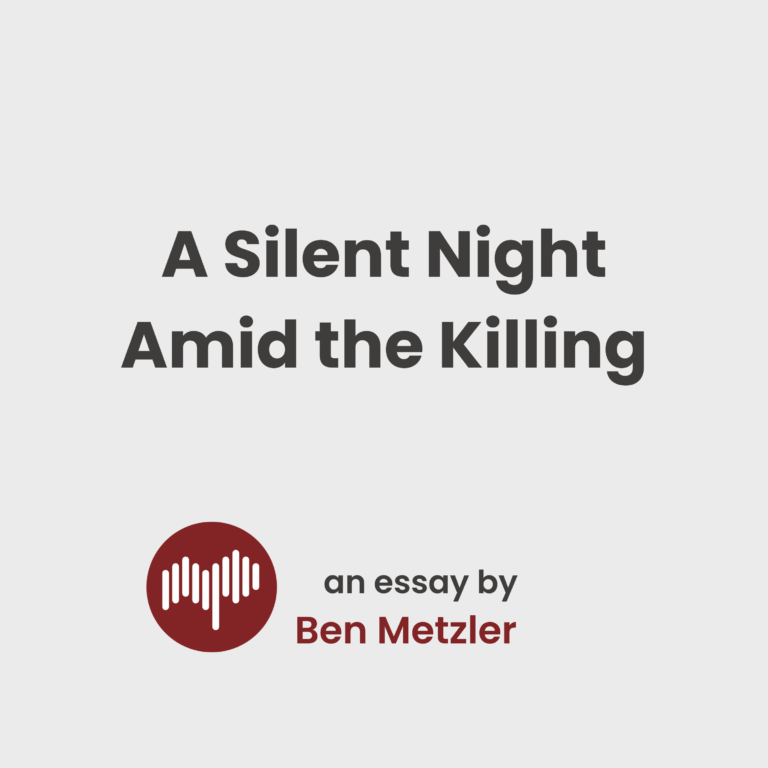


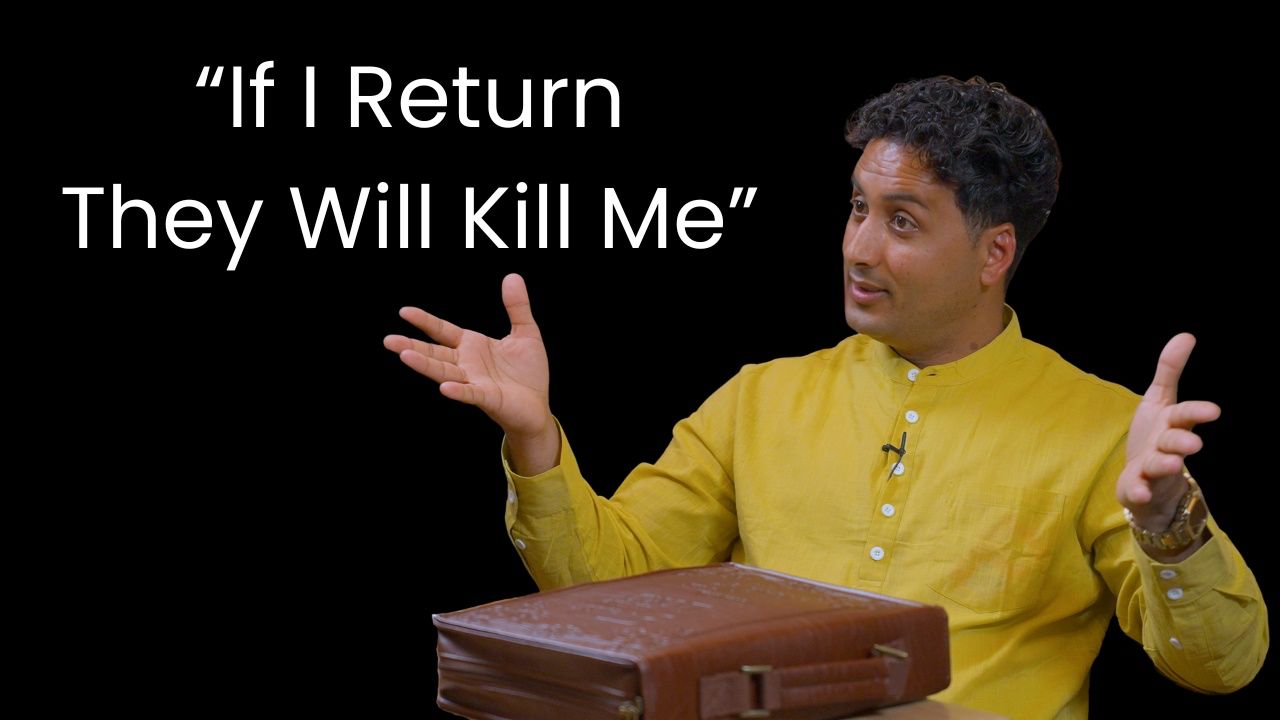
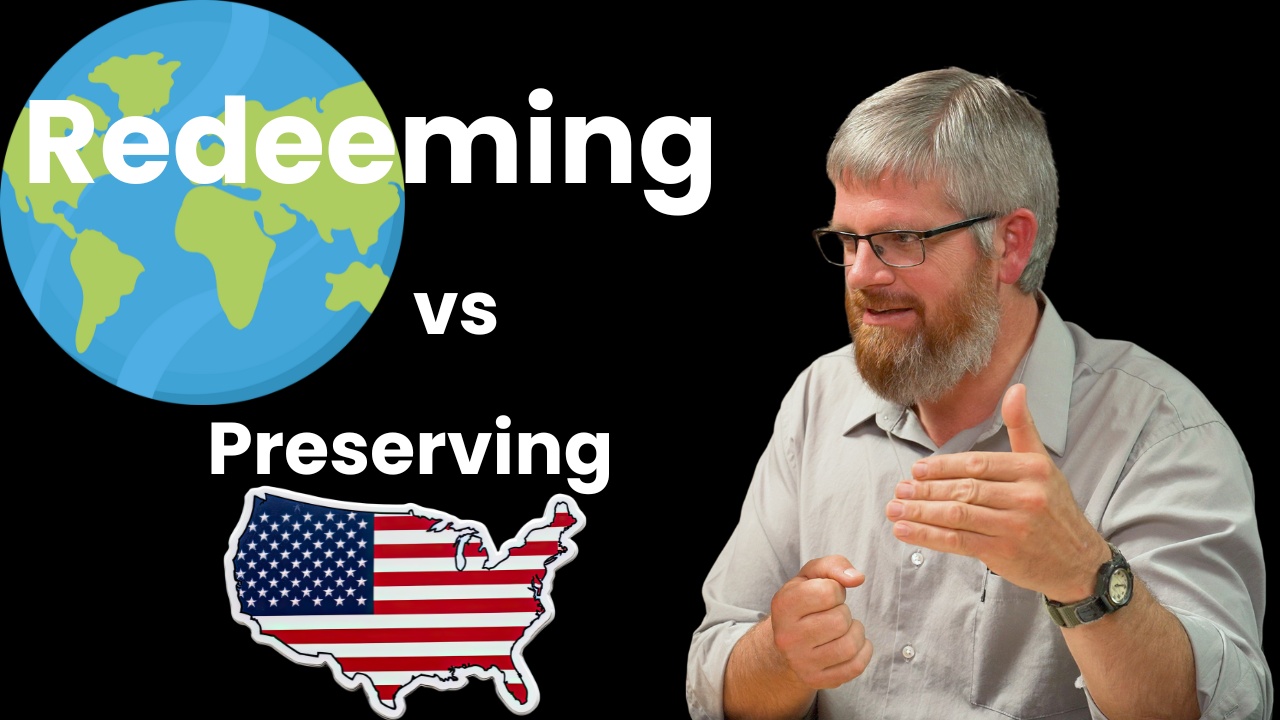
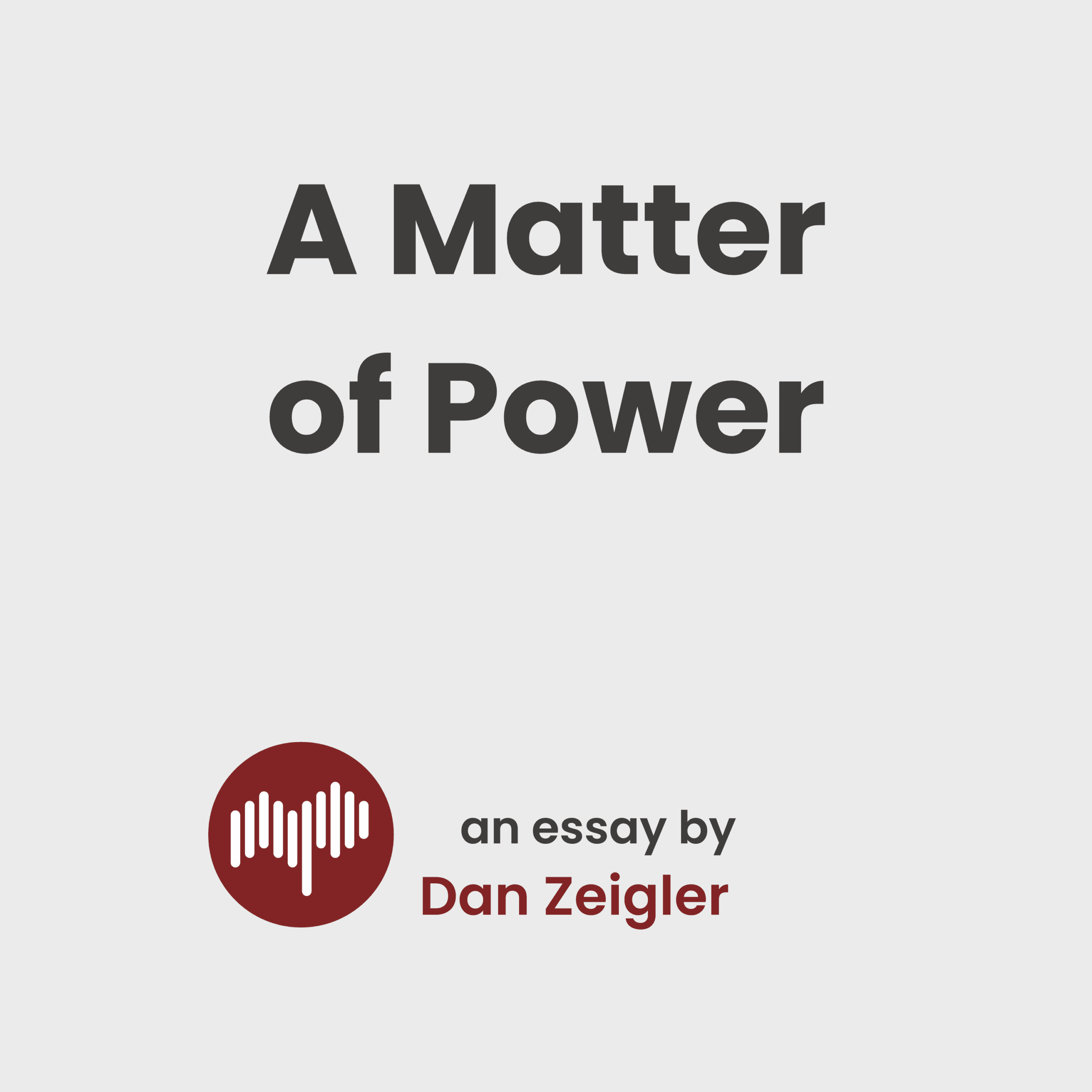
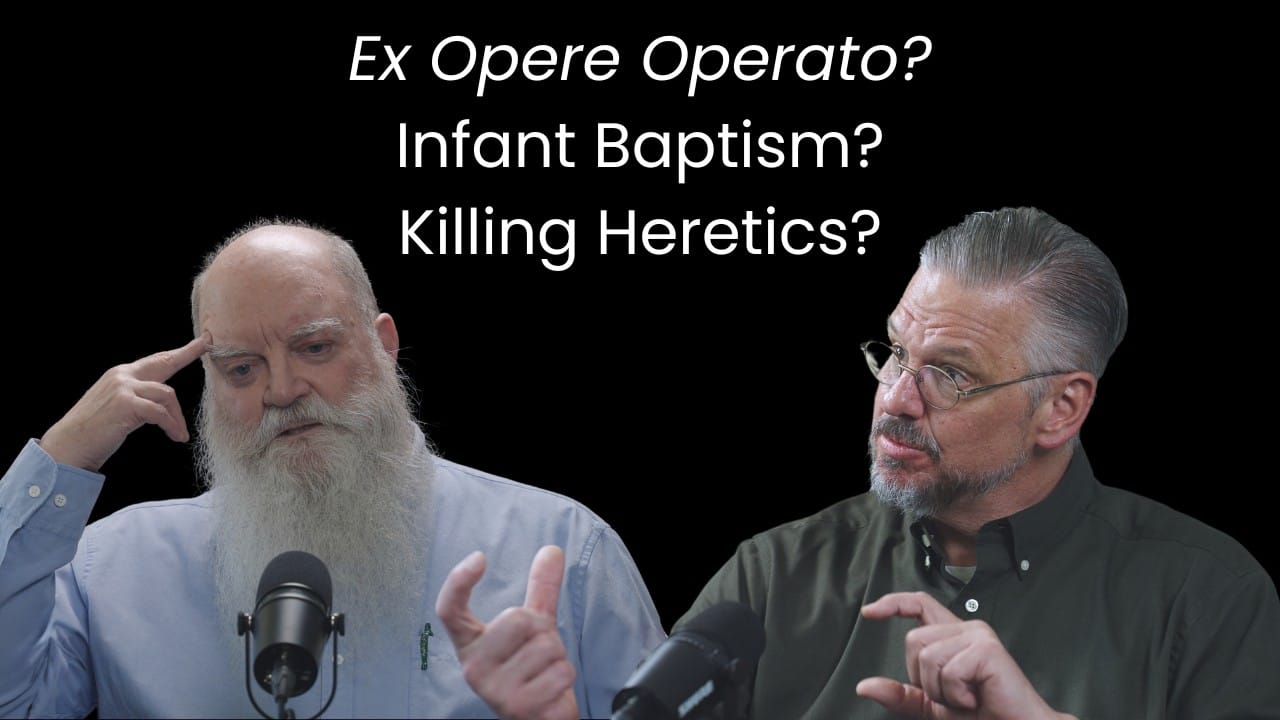
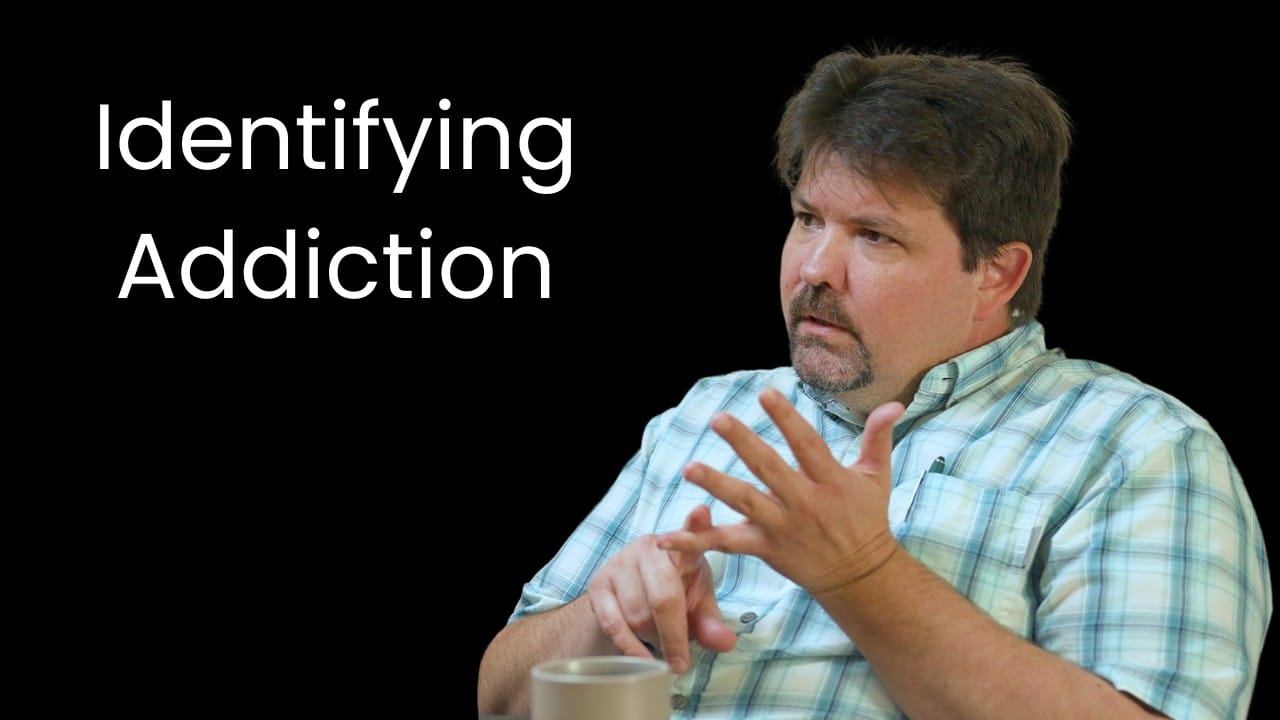
Leave a Reply